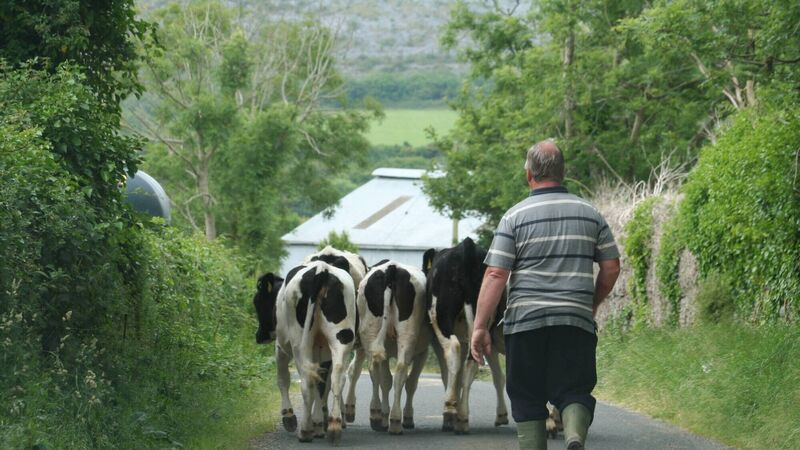Farmers to be incentivised to diversify from livestock

Farmers fear that the Government 'could do real damage' to the sector, the IFA says.
Farmers will not face a cap on cow numbers, but they will instead be incentivised to diversify from livestock.
Under measures to be introduced to reduce emissions in the agriculture sector, the agriculture sector has been set a target to reduce its emissions by 25% by 2030.










